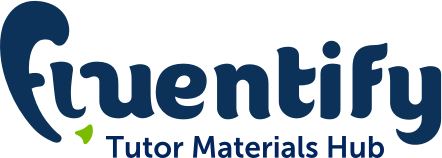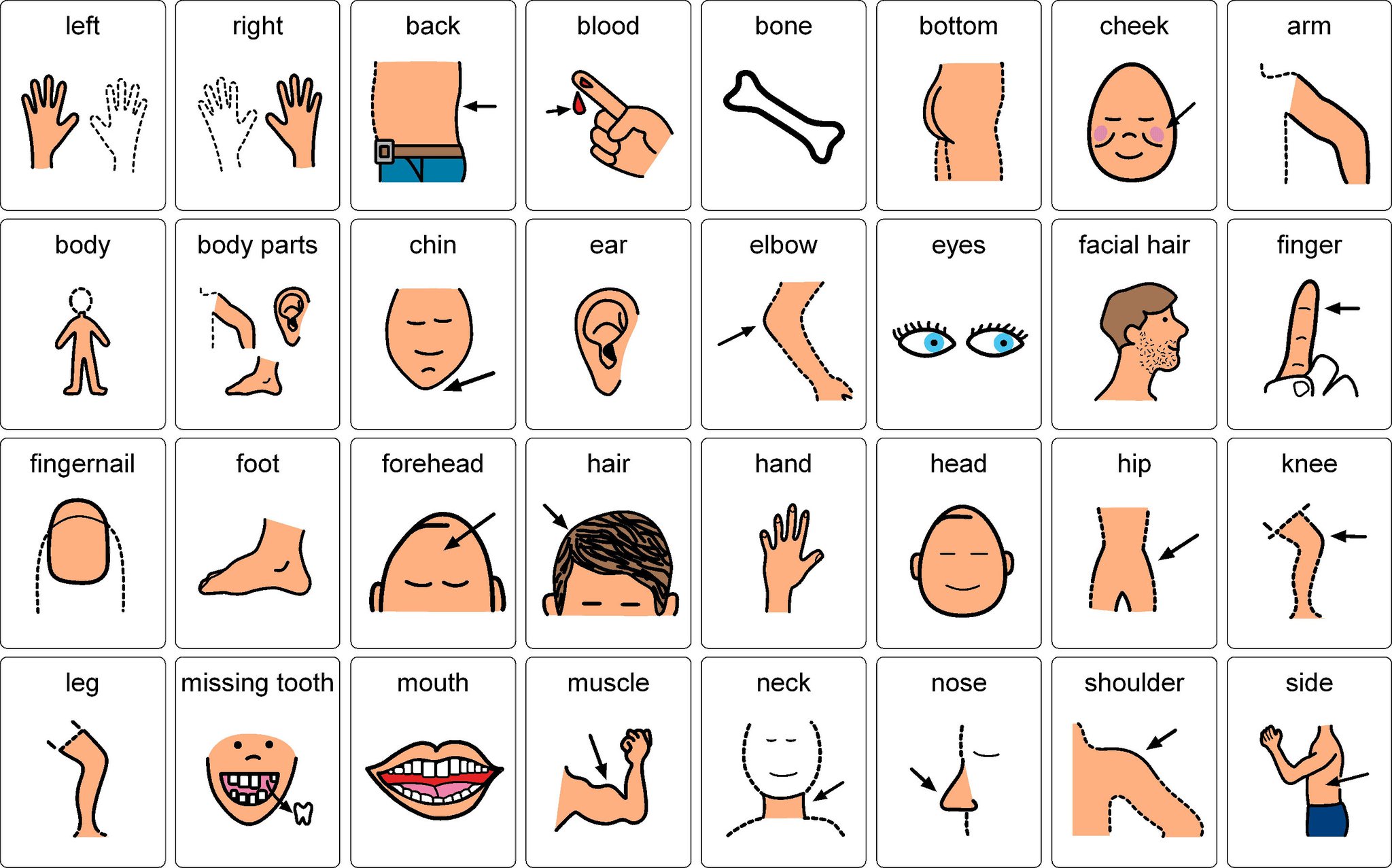When children learn English, they get to know parts of the human body early on. Nouns like fingers, toes, arms and legs are, after all, very useful. Few adults, however, are taught that these body parts can also be used as verbs and they may come in handy on numerous occasions.
In fact, many English nouns also function as verbs (e.g. If there is no fresh air in the room, you need to air the room. If there is no water in the flower pot, you need to water the flower.) – this is something extremely useful to teach your students at some point.
The meaning of body parts used as verbs is usually quite obvious so not difficult to teach but, undoubtedly, worth teaching as many of them are commonly used in our everyday life.
Just share the following text with your students and have fun! 🙂
We face problems when they appear. We head towards our destination. When the bus is crowded, we elbow our way, and when we accidentally hit someone, we should shoulder the blame for this incident. Otherwise, the passengers will eye us up and down. We thumb through a book to find something interesting and hand a pen when someone wants to use it. A person we do not like is a person we cannot stomach. And when we finish dinner in the restaurant we need to foot the bill. We can mouth something unpleasant when it is too late for the last bus home, so all that is left is to leg it. You arm yourself with patience and finally tip toe to your bed.
Some practical tips:
- Read out the text to you student and ask them to write down all the body parts mentioned. Try to elicit the meaning of some of them.
- Ask the student to read the text and then try to act out what the text talks about 🙂
- Ask the student some conversation or concept checking questions. E.g. When you have a problem and you want to solve it, what do you do with it? OR When you receive a boring report and need to get an idea of what it is about, what do you do with it? OR If I say: “I can’t stomach violent movies.” – do I like them or not?
- Ask your student to think about their daily routine, or think back about their past week and talk about it using the verbs but putting them in their own context.
Happy tutoring!

